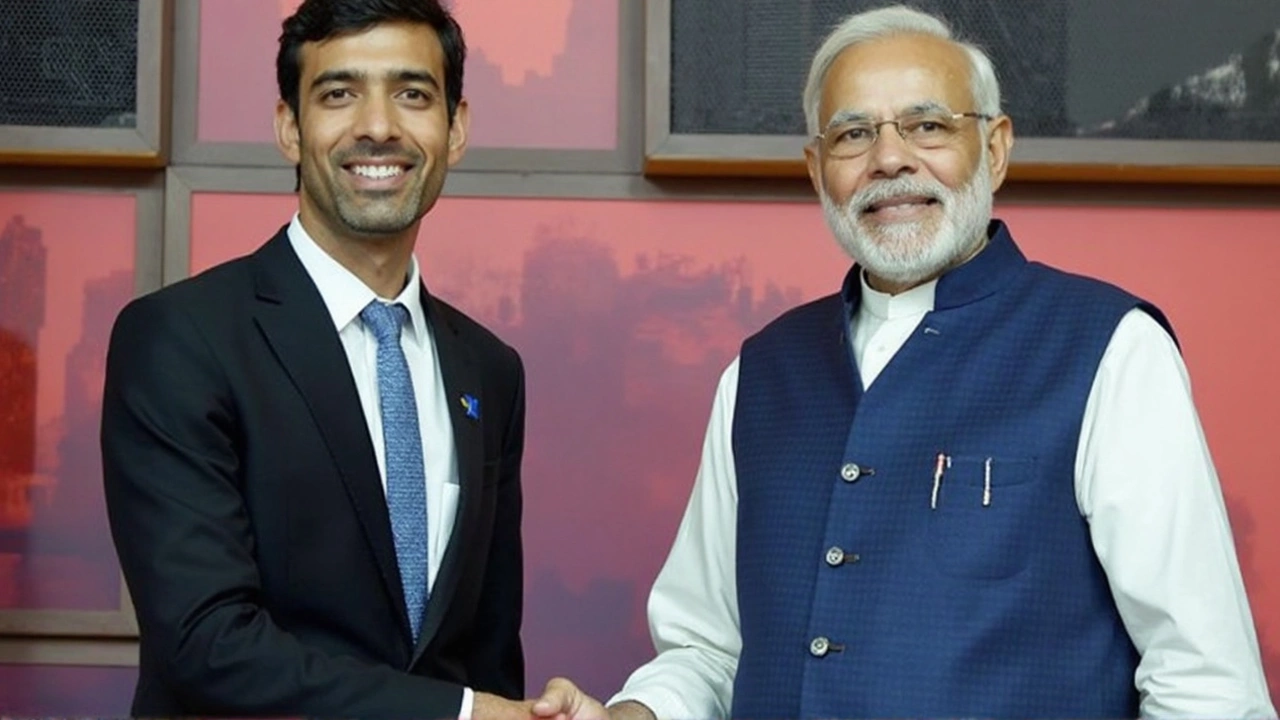Job Creation: Trends, Opportunities, and How to Stay Ahead
Did you know India announced nearly 50,000 government vacancies in June alone? That's a massive hiring wave that can change careers overnight. Whether you’re a fresh graduate, a mid‑career professional, or someone looking for a second chance, understanding where jobs are popping up can save you time and effort.
Job creation isn’t just about numbers; it’s about the kinds of work that are now available. The public sector is leading the charge with SSC, SBI, ISRO and many state PSCs opening doors for a wide range of skill levels. At the same time, private companies in auto, tech and renewable energy are expanding teams as the economy picks up.
Why job creation matters right now
When the government launches a recruitment drive, the ripple effect hits the whole market. More people getting jobs means higher consumer spending, which pushes businesses to hire even more. This cycle fuels economic growth and helps reduce unemployment rates that have lingered for years.
For job seekers, a hiring surge means more openings to choose from, but also more competition. Knowing the timelines – like the SSC CGL 2025 cycle that starts in July – lets you plan your study schedule and application dates more effectively.
Where the biggest hiring pushes are coming from
Government jobs remain the backbone of large‑scale job creation. The recent SSC drive lists thousands of posts across banking, railways, defense and administrative services. These roles typically require a 10+2 qualification or a graduate degree, and age limits hover between 21 and 32 years. The good news is that many positions, such as junior engineers at ISRO, welcome candidates with a technical diploma.
In the private sector, auto manufacturers like Maruti Suzuki and Hero MotoCorp are riding on GST reform hopes to boost production. Their stock surge signals upcoming hiring for plant workers, quality engineers, and sales staff. Similarly, the electric vehicle space, highlighted by Tata’s Nano EV comeback, is hungry for designers, battery technicians and marketing talent.
Tech companies are also part of the job‑creation puzzle. With AI tools integrated into smartphones – think Galaxy AI on the newest Samsung devices – there’s a growing need for software developers, data analysts and UI/UX designers. These roles often require up‑to‑date certifications, but they pay well and offer flexible work options.
Another sector gaining momentum is tourism and event management, especially after major sports events like the Champions Trophy 2025. Venues need security staff, hospitality workers and logistics coordinators, creating short‑term gigs that can turn into full‑time offers.
If you’re wondering how to get on the radar of recruiters, start with the basics. Keep your resume short, tailor it for each job, and highlight any recent training or certifications. Online portals like the official SSC website, government job boards, and reputable private‑sector career sites update daily, so sign up for alerts.
Networking still matters. Join local groups, attend virtual job fairs, and connect with alumni from your college. A quick chat can reveal hidden openings that aren’t posted publically.
Finally, don’t ignore soft skills. Communication, problem‑solving and adaptability are often the deciding factors when two candidates have similar technical backgrounds. Practice these in everyday situations – volunteer work, freelance projects or even community events.
Job creation is buzzing right now, and the opportunities are spread across many fields. By staying informed about government drives, watching industry trends, and sharpening both hard and soft skills, you’ll be ready to grab the right role when it appears.
India-UK Free Trade Agreement Sealed to Double Trade and Spur Innovation
India and the UK have clinched a landmark Free Trade Agreement, setting out to double their trade in goods to $40 billion over ten years. The deal stops dual social security payments for Indian professionals in the UK and promises stronger economic, innovation, and job links. Leaders expect this to ramp up competitiveness and deepen bilateral ties.
VIEW MORE